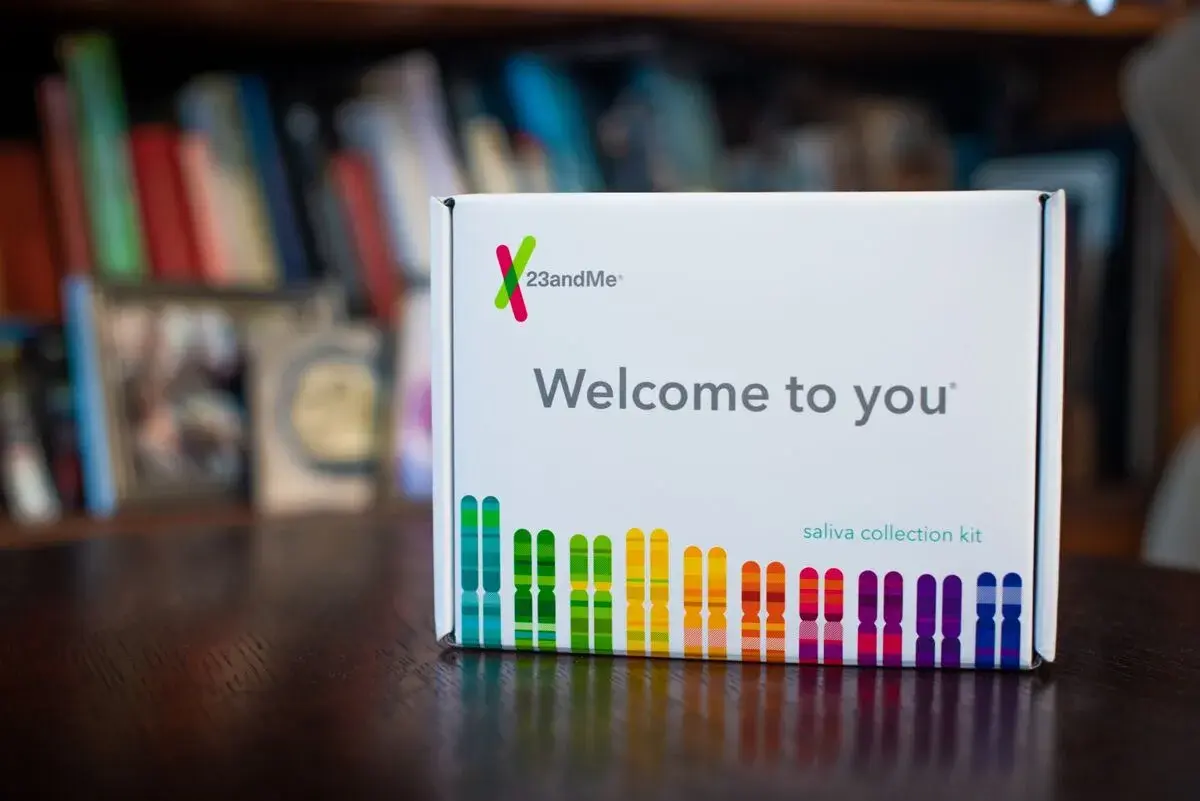H-h-how? HOW? do they ‘anonymize’ DNA?!?! Remember how in 2007 ‘anonymized’ netflix data was linked back to actual members? That was just checking what people watched on Netflix compared to what they rated on IMDB.
With DNA, you should be able to figure out who someone is by the fact you an exact DNA record! I mean, it’ll share similarities with your parents, and children, and to a lesser degree, more removed relatives. How hard can it be to figure out that this woman is related to that guy with an arrest record. Or more specifically: this is the exact person because we see other records from any doctor or whatever with the same DNA.
H-h-how? HOW? do they ‘anonymize’ DNA?!?!
If you really curious, it is possible depending on the sections of the DNA being shared and how aggregated they are. Not saying that this will be the case - it’s quite likely that this sale would be done prioritizing value instead of privacy - but it is possible. The key part is to not treat the whole DNA as a data sample, but specific sequence sections, as isolated as possible.
And the Netflix example is instructive but not super relevant here. If you already have your SNPs in a public database out there, then yeah 23andMe might not be able to effectively anonymize your samples; but you don’t (I hope).
All prisoners in the US, regardless of infraction, have DNA samples taken in many states.
That is not voluntary.
It was ruled constitutional by SCOTUS.
If you had that done, and you have family dumb enough to use 23andme, then you just got screwed, involuntarily, twice.



